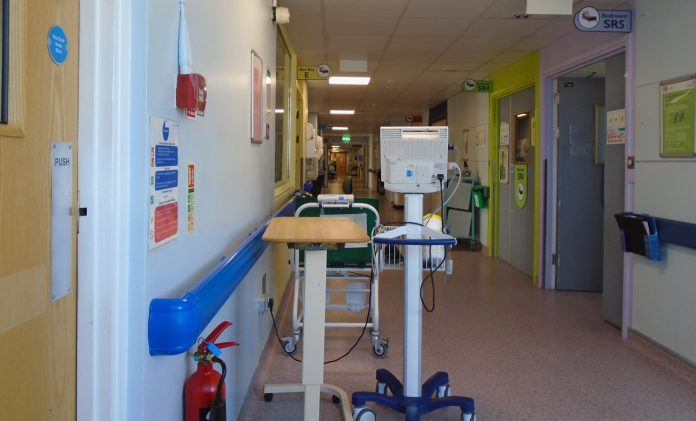Jon Dale, Mansfield Socialist Party
Assisted dying is in the news again, since broadcaster Esther Rantzen announced she has lung cancer and intended to take control over when and how she would die. Many people would share her wish if faced with an incurable illness that could cause intolerable suffering before death.
However, many could not afford the £10,000 on average to arrange this at Dignitas in Switzerland – more if they wanted family to travel with them.
Should assisted dying now be legalised in Britain? Opinion polls show around three in four support this.
Several countries and US states have already legalised assisted dying. The Isle of Man is preparing to do this and Jersey is due to publish detailed proposals on 22 March. A bill is likely to be debated in the Scottish parliament this year and Keir Starmer has promised a vote in parliament if Labour wins the election.
Socialists support people having full control over every aspect of their lives, including when and how to end it. But in a capitalist society, with inequality in every part of life, real control is impossible for most people. There is inequality in death, too.
Take two people with the same type of cancer at the same stage of illness. One lives in a large warm home, with supportive family who can afford to take time off work and whose care can be supplemented with private nurses and carers.
The other lives in a cramped damp flat, sharing a bedroom with a grandchild, where other family members can’t afford to take time off work, and where local community health and social care services have been stripped bare.
Hospices offer excellent end-of-life care, so no-one should have to face death in cold uncomfortable circumstances. 300,000 people a year rely on them. But government funding of local hospice services is down £47 million in real terms in the last two years, as funding has not kept up with inflation.
Hospices should be integrated into the NHS and fully funded to meet the needs of their community. Instead they are charities, only partly funded by the government while relying on charity shops, sponsored walks and other fundraising. They compete desperately against many other good causes that should also be fully funded by government and councils.
Good end-of-life care would allow more people to choose to die at home, or in a hospice if they prefer. Fully staffed, fully funded community services are needed, providing trained carers and nurses with time to support the individual and their family. GPs need enough time for home visits and palliative care services need expanding to support them.
NHS care should be available to all, but is severely underfunded. Local authority support is means-tested, so some services may have to be paid for by the individual. Councils have been starved of money for years so services have been cut. Many are privatised, further cutting care as profits are sucked out.
Many people want to pass on a useful sum from a house sale, seeing how little chance their grandchildren have to save for a deposit or get a secure home of their own. A nursing home costs an average of £5,640 a month. Watching life savings drain rapidly away could increase pressure for assisted dying.
Despite legal safeguards, inevitably some frail and ill people would feel they were a burden to their families where community support is not available. Those with long-term disabilities could be especially vulnerable, as local services disappear. Legalising assisted dying in these circumstances could lead to people choosing to end their life, rather than become a financial drain on their families.
As medical knowledge advances, many now survive much longer with illnesses that would have rapidly killed them in the past. Quality of life depends on more than medical progress. To allow everyone to enjoy life to the full before eventually experiencing a dignified death, socialist change is needed to ensure needs are met ‘from cradle to grave’.







